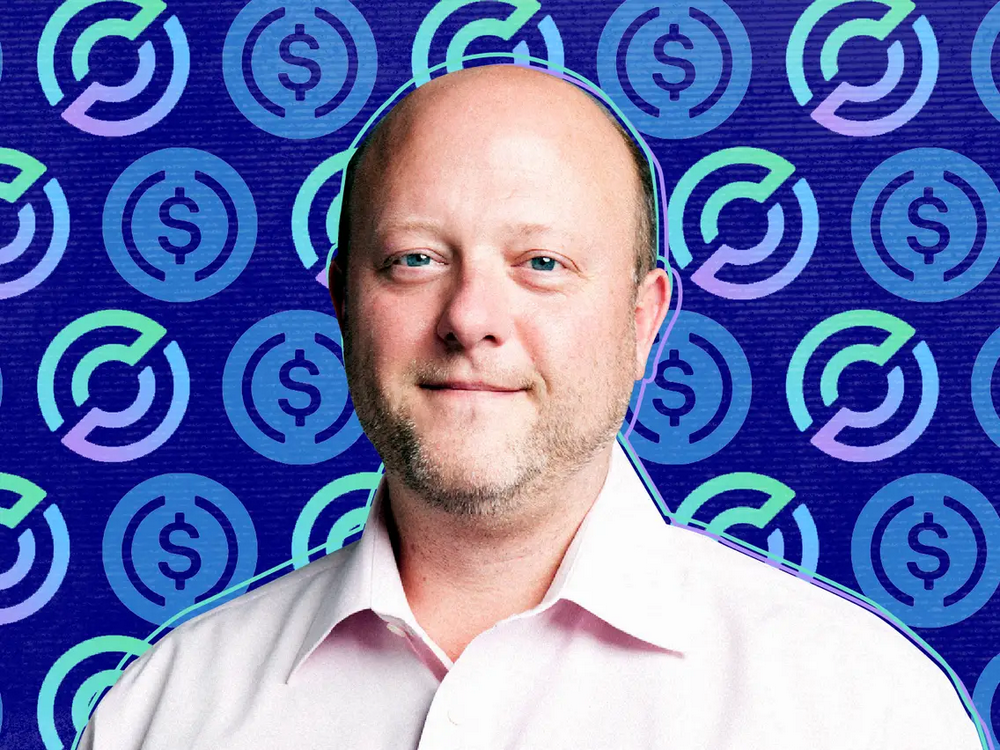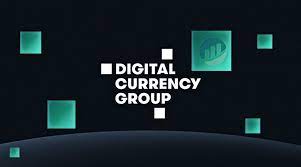Swiss FINMA issued a guide to the stable currency, proposing Libra to obtain the necessary conditions for payment of the license
According to a report by Cointelegraph on September 11, the Swiss Financial Market Regulatory Authority (FINMA) issued a document focusing on stable coins to complement its existing first-generation currency issuance (ICO) guidelines.
 (Source: flickr )
(Source: flickr )
In a press release issued on September 11, the Swiss Financial Market Regulatory Authority stated that the circulation of stable currencies has grown steadily since mid-2018 and confirms that the Geneva-based Libra Association has required it to comply with Swiss law. The stable currency project is evaluated.
Same risk, same rule
The Swiss Financial Market Regulatory Authority pointed out in the speech that the regulators treat stable currency as if they were other blockchain-based certificates, with a focus on “economic functions and uses of the certificate” and adopting “same risks, same rules”. The approach is based on principles and technology neutrality.
- Close the back door of the transaction, Zcash is the biggest defect or is solved due to this program
- What kind of consensus algorithm do we need?
- Liang Xinjun: In the next fifteen years, blockchain restructures social production relations
Regulatory authorities have different regulatory requirements for stable currencies, depending on the stability of the currency (such as currency, commodities, real estate or securities) and their holders' legal rights.
As a result, regulatory requirements may extend to areas such as money laundering, securities trading, banking, fund management and financial infrastructure.
Swiss Financial Market Regulatory Authority confirms Libra Association is seeking project evaluation
The Swiss Financial Market Regulatory Authority stated that the Libra project for Facebook purposes is seeking to obtain a payment system license in accordance with the requirements of the Swiss Financial Market Infrastructure Act (FMIA).
Switzerland's regulation of payment systems follows current international standards, in particular the Financial Market Infrastructure Principles (PFMI), including provisions for cyber risk management and anti-money laundering measures.
The regulator stated that any additional services (such as banking risks) that may increase the risk of a particular payment system will be resolved by implementing additional regulatory requirements in accordance with the “Same Risks, Same Rules” principle of the Swiss Financial Market Regulatory Authority. .
Libra is required to obtain a payment system license
The document of the Swiss Financial Market Regulatory Authority states:
As Libra issues a payment pass, Libra plans to outperform the pure payment system, so it needs to meet additional requirements.
These additional requirements will apply to Libra Reserve's proposed Libra Reserve for capital allocations for credit, market and operational risk, risk concentration, liquidity and management.
The Swiss Financial Market Regulatory Authority stated that the advantage of the Swiss payment system license is to allow a combination of banking and infrastructure regulations.
The regulator further emphasized that the necessary conditions for Libra to obtain a payment system license are:
The returns and risks associated with reserve management will be entirely borne by the Libra Association, rather than being held by holders of 'stable coins' like fund suppliers.
The final important point of the Swiss Financial Market Regulatory Authority is that Libra's global strategy requires an internationally coordinated approach to establishing requirements for its reserve management, governance and “anti-money laundering” systems.
Cointelegraph reported earlier on September 11 that the Libra Association is seeking the Swiss Financial Market Regulatory Authority to evaluate its stable currency network.
We will continue to update Blocking; if you have any questions or suggestions, please contact us!
Was this article helpful?
93 out of 132 found this helpful
Related articles
- Encrypted synthetic assets DIY era is coming, UMA brings DeFi new explosion point?
- It’s better to chase the wind than to create the wind – to pay tribute to the participants in the Ant Blockchain Innovation Competition
- Babbitt Column | Cai Kailong: Is Bitcoin a safe haven asset?
- Babbitt column | "Privacy-transparency" binary paradox is broken, blockchain positioning faces crossroads
- EOS daily support appears, but it also needs to pay attention to the market dynamics
- HKEx's merger and acquisition of the Stock Exchange clearly entered the digital asset trading, impacting the existing pattern
- China Telecom SIM card to kill cold, hot wallet, blockchain mobile phone still has no fire to cool?






